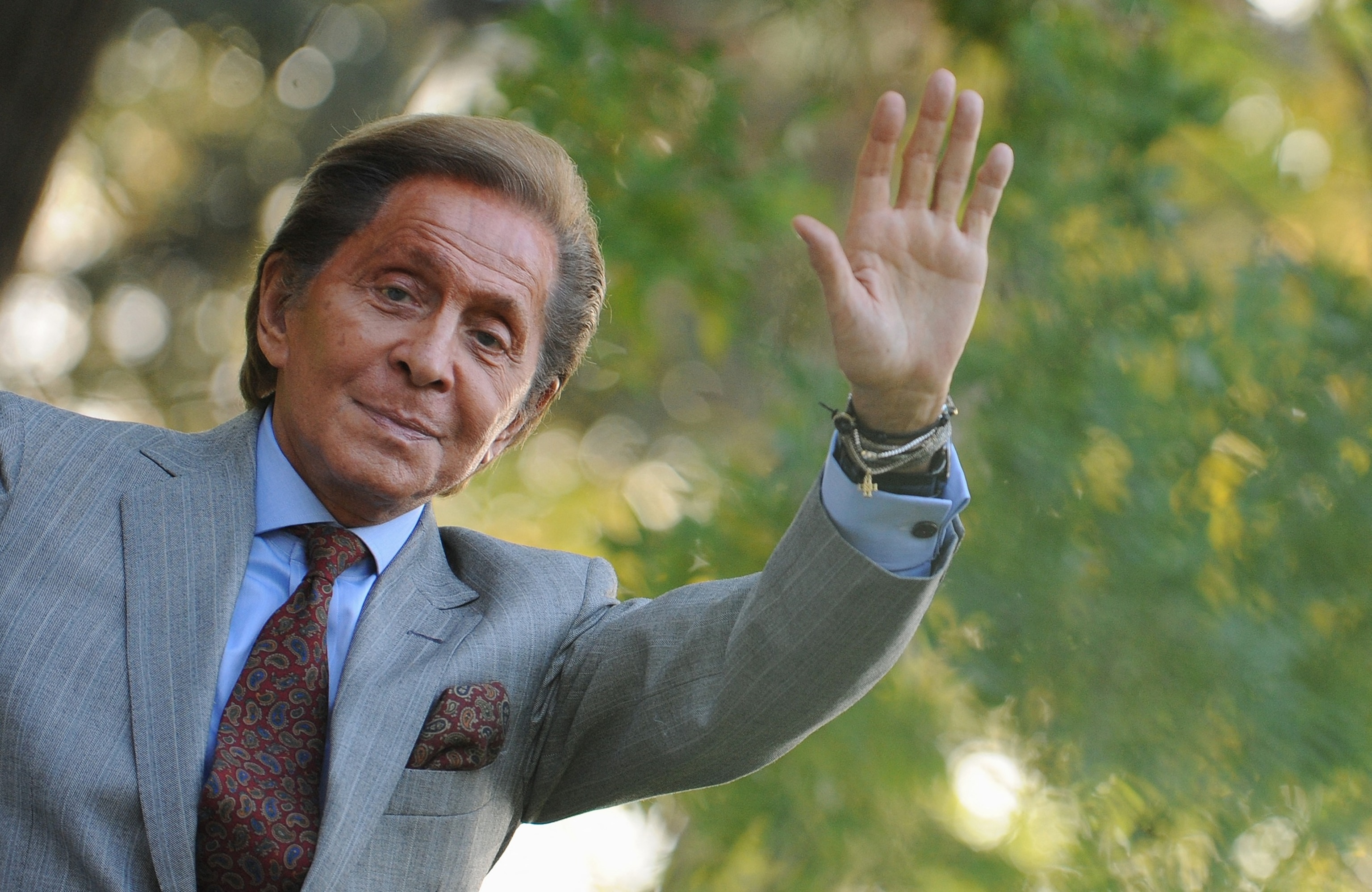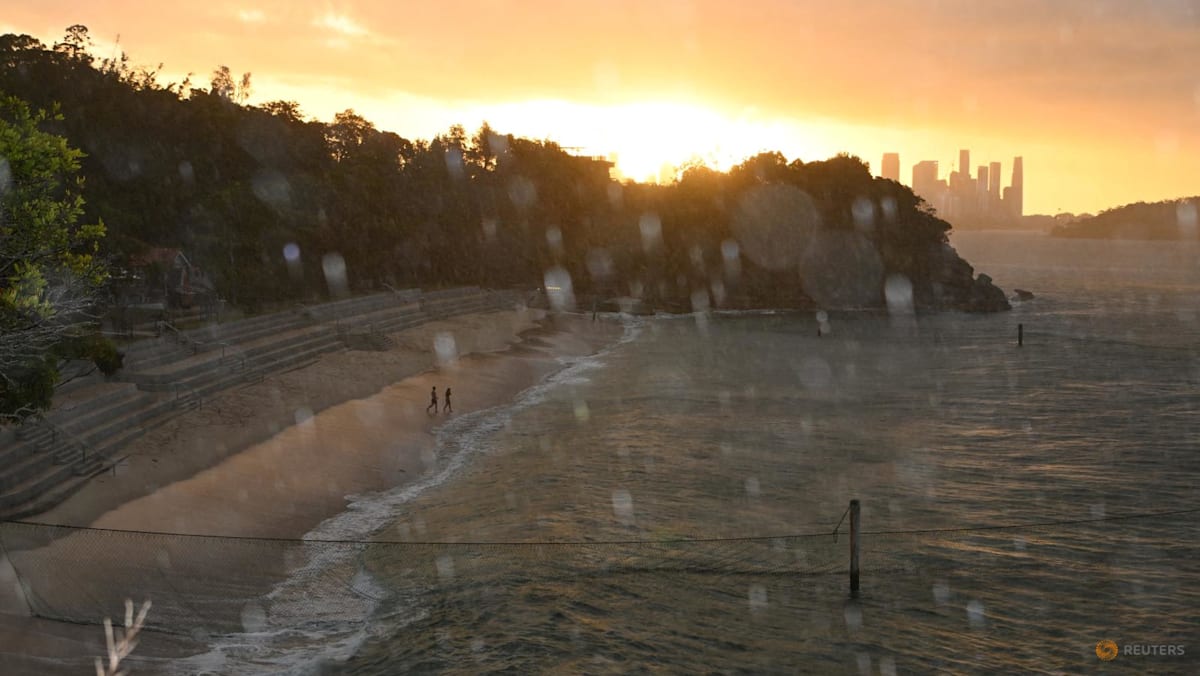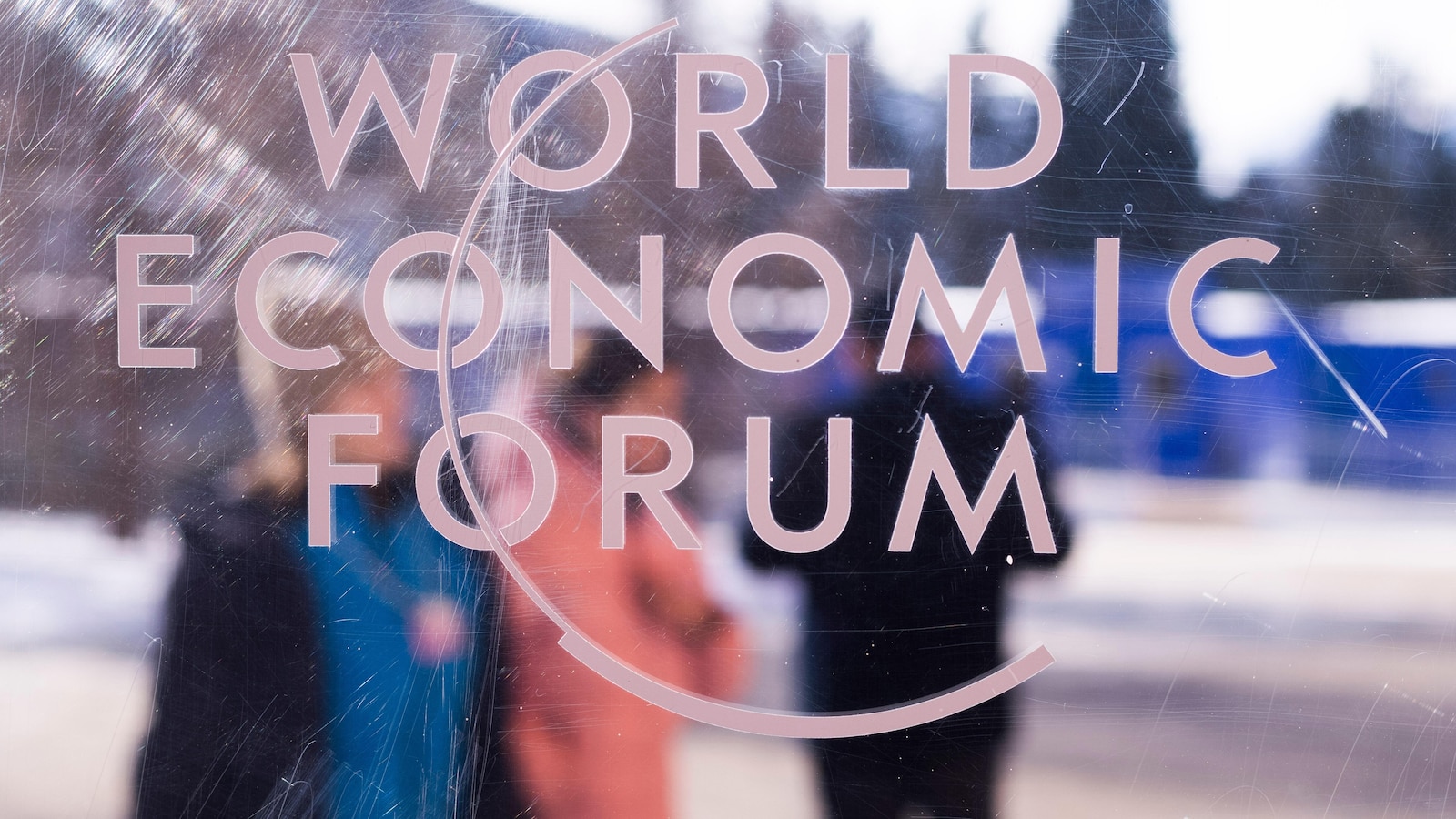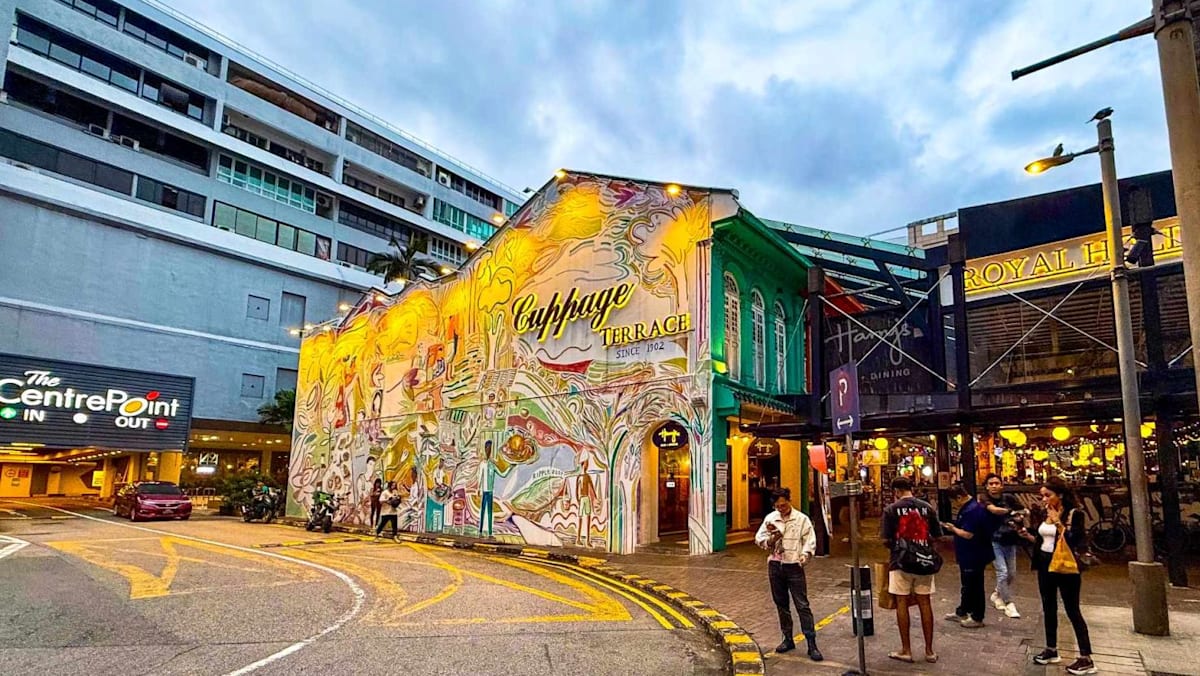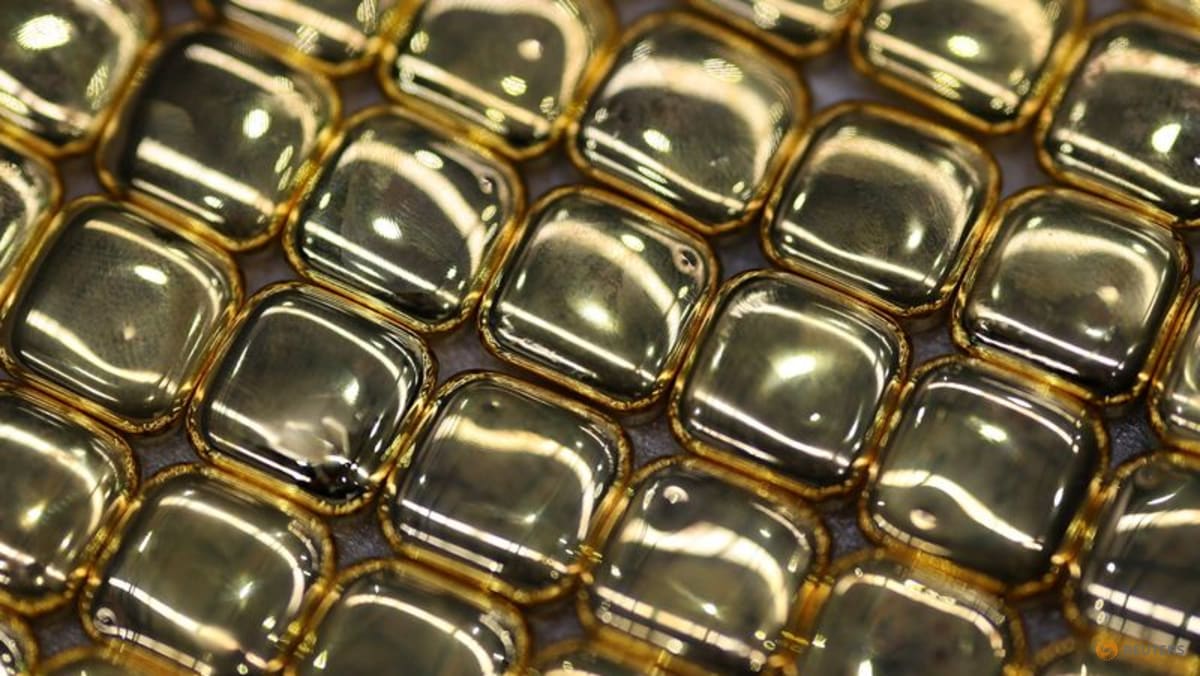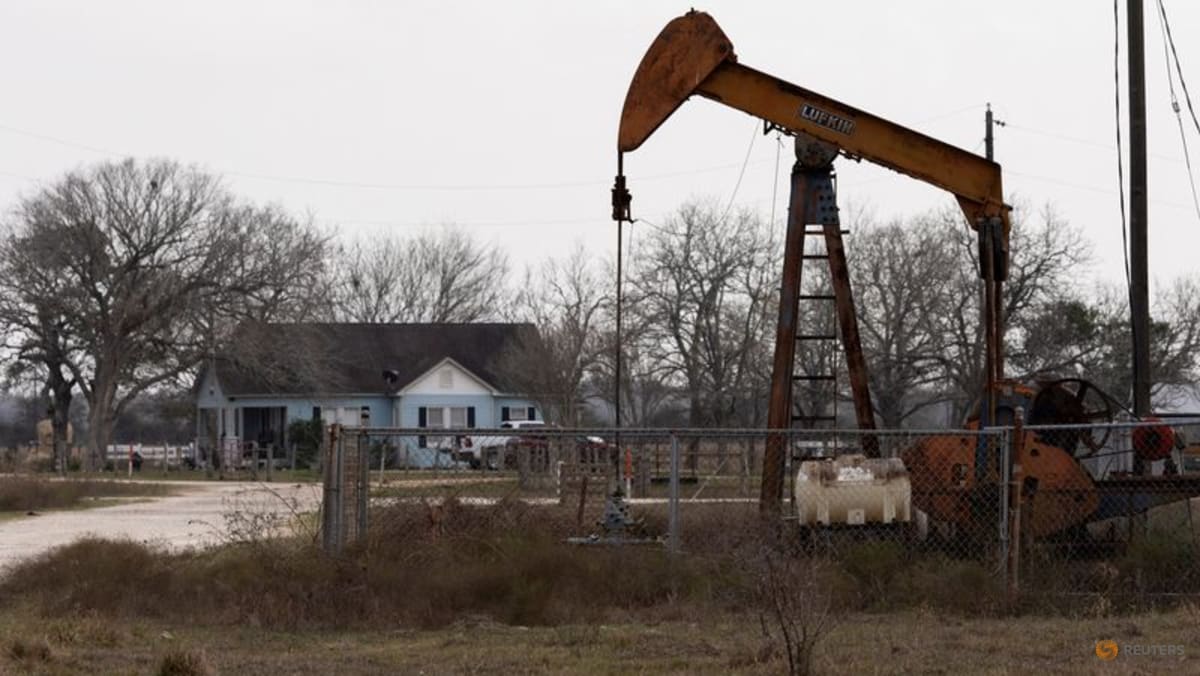Commentary: Digital detox is a fantasy, do this instead
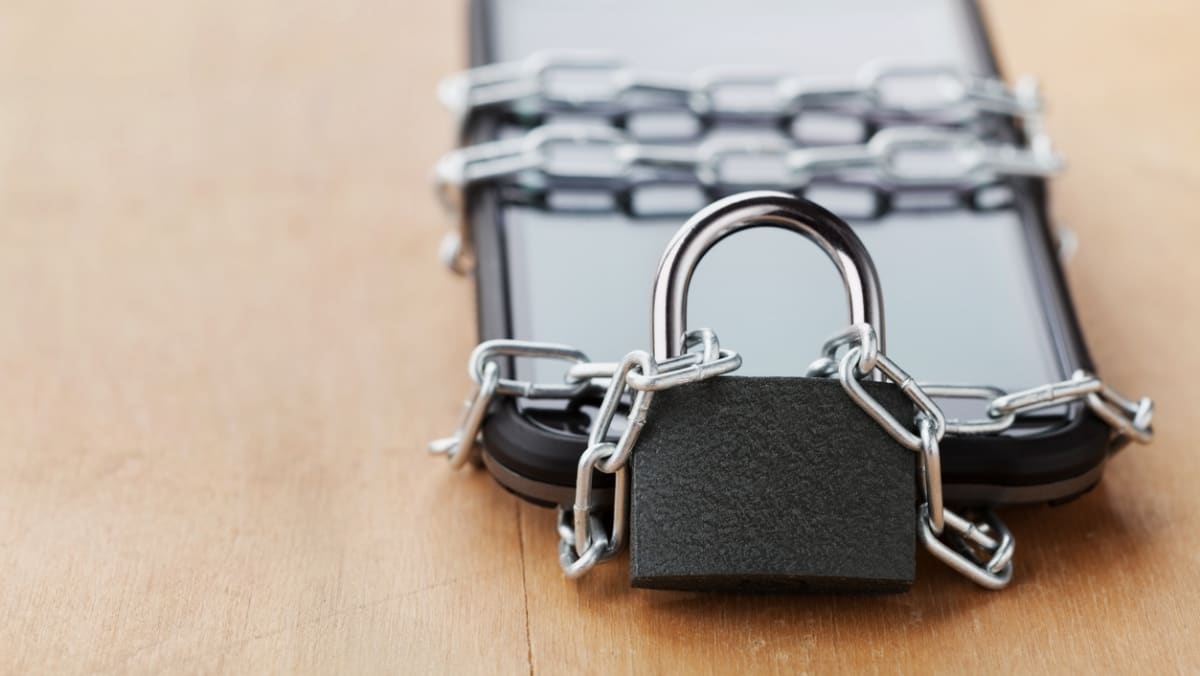
DIGITAL EVERYTHING
According to a survey by Okta, large companies now use more than 200 apps on average. Too often, we’re left alone to decide how to manage the onslaught.
A 2019 scholarly review argued that the rise of the digital detox as a concept “illuminate(s) the rise of a self-regulation society, where individuals are expected to take personal responsibility for managing the risks and pressures” of forces they didn’t create.
Our screens are ever-more integrated into our leisure lives as well. It’s tough to imagine a vacation without my digital boarding pass, TripIt itinerary, e-books, podcasts, Google Maps and SMS alerts set up for travel delays – not to mention Instagram to broadcast all the fun I’m having.
Even on a hiking trip, I’m using my phone to take photos, track my miles and find the next trail junction. And post-hike, there is nothing like relaxing with a cold beer and Wordle.
And with the phone already in my hand … it’s just so easy to dip into my work messages and take a quick peek. I might physically still be sitting at a wooden picnic table in the mountains, but mentally I’ve been teleported back to my desk.
Is that a problem? I’ll go full therapist on you: It’s a problem if it’s bothering you.
Although a raft of studies have linked excessive screen time and social media use to Attention Deficit Hyperactivity Disorder (ADHD), depression and anxiety, there is little data to suggest that digital detoxes have consistently beneficial effects. One 2022 meta-analysis found that in people with symptoms of depression, a digital break mitigated their symptoms, but that otherwise, there was no consistent impact on detoxers’ behaviour, mood or performance.
Source: CNA





